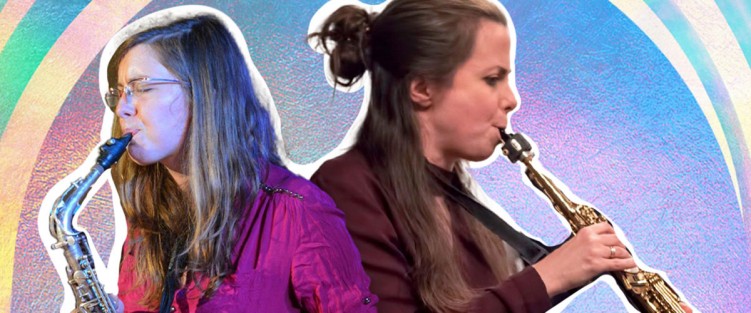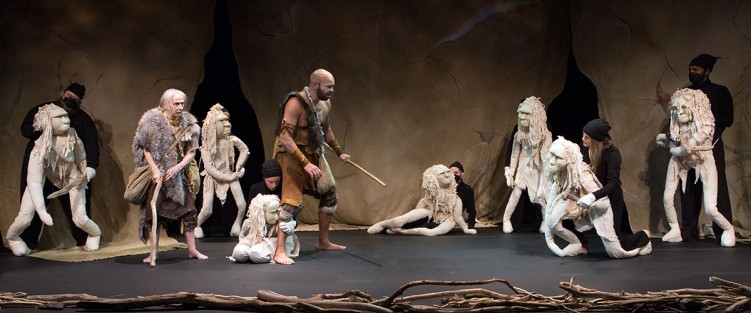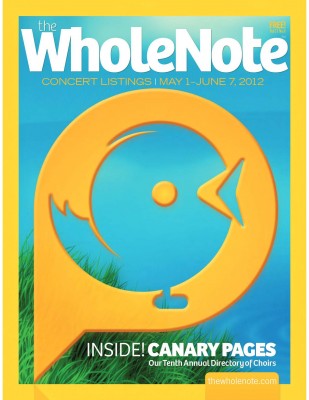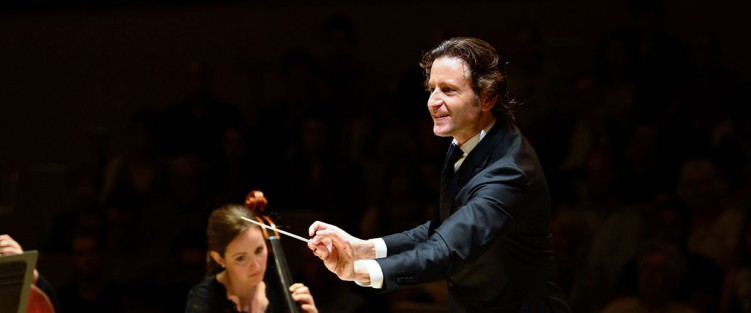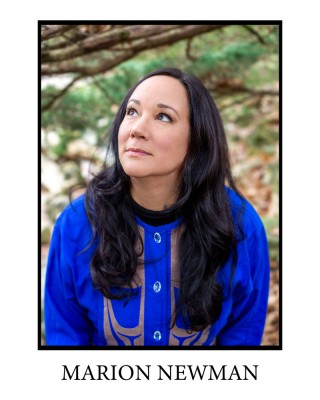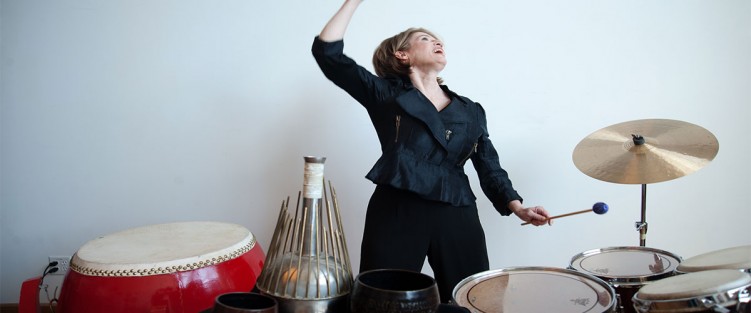 Two concerts, one in early March, the other in early April, resonate with the day on the calendar set aside to celebrate the historical, cultural and political achievements of women: International Women’s Day (IWD) on March 8. This special day has its origins in Russia, a fact that feels significantly ironic – as I sit writing this column, Russia has begun its invasion of Ukraine. On March 8, 1917, the women textile workers of Petrograd rose up to demand “Bread and Peace” – which meant for these women an end to World War I, to food shortages and to czarism. It remained a holiday primarily in Communist countries until 1967 when second-wave feminists in Western Europe, the UK and North America adopted the date as a day of action, highlighting issues such as equal pay, reproductive rights, and the prevention of violence against women.
Two concerts, one in early March, the other in early April, resonate with the day on the calendar set aside to celebrate the historical, cultural and political achievements of women: International Women’s Day (IWD) on March 8. This special day has its origins in Russia, a fact that feels significantly ironic – as I sit writing this column, Russia has begun its invasion of Ukraine. On March 8, 1917, the women textile workers of Petrograd rose up to demand “Bread and Peace” – which meant for these women an end to World War I, to food shortages and to czarism. It remained a holiday primarily in Communist countries until 1967 when second-wave feminists in Western Europe, the UK and North America adopted the date as a day of action, highlighting issues such as equal pay, reproductive rights, and the prevention of violence against women.
On March 8 of 2022, percussionist virtuoso Beverley Johnston will be performing a series of compositions that highlight various mythic and real-life female characters in a concert she is calling Finding HER Voice. When I asked Johnston whose voice she is referring to in the title she responded by saying that it has several meanings. “It can be my own voice because I’ve been incorporating a lot of voice into the percussion works that I’ve been learning, either by singing or speaking. Metaphorically, the title draws attention to how women through the ages have empowered themselves, found their voice and become stronger within themselves.”
Johnson uses her voice in all of the pieces, and even though she is not a trained singer, she became comfortable using her voice due to her experience as a member of the URGE collective in the 1990s and in workshops with Richard Armstrong, an original member of the Roy Hart Theatre known for its pioneering of extended vocal techniques. These activities “empowered me to know that it’s okay to find that gruff quality in the voice, and allowed me not to be afraid to use my voice,” she said.
 After two years of postponements, cancellations, and all of the attendant uncertainty of the pandemic, the TD Toronto Jazz Festival is back for 2022, from June 24 to July 3.
After two years of postponements, cancellations, and all of the attendant uncertainty of the pandemic, the TD Toronto Jazz Festival is back for 2022, from June 24 to July 3. 



